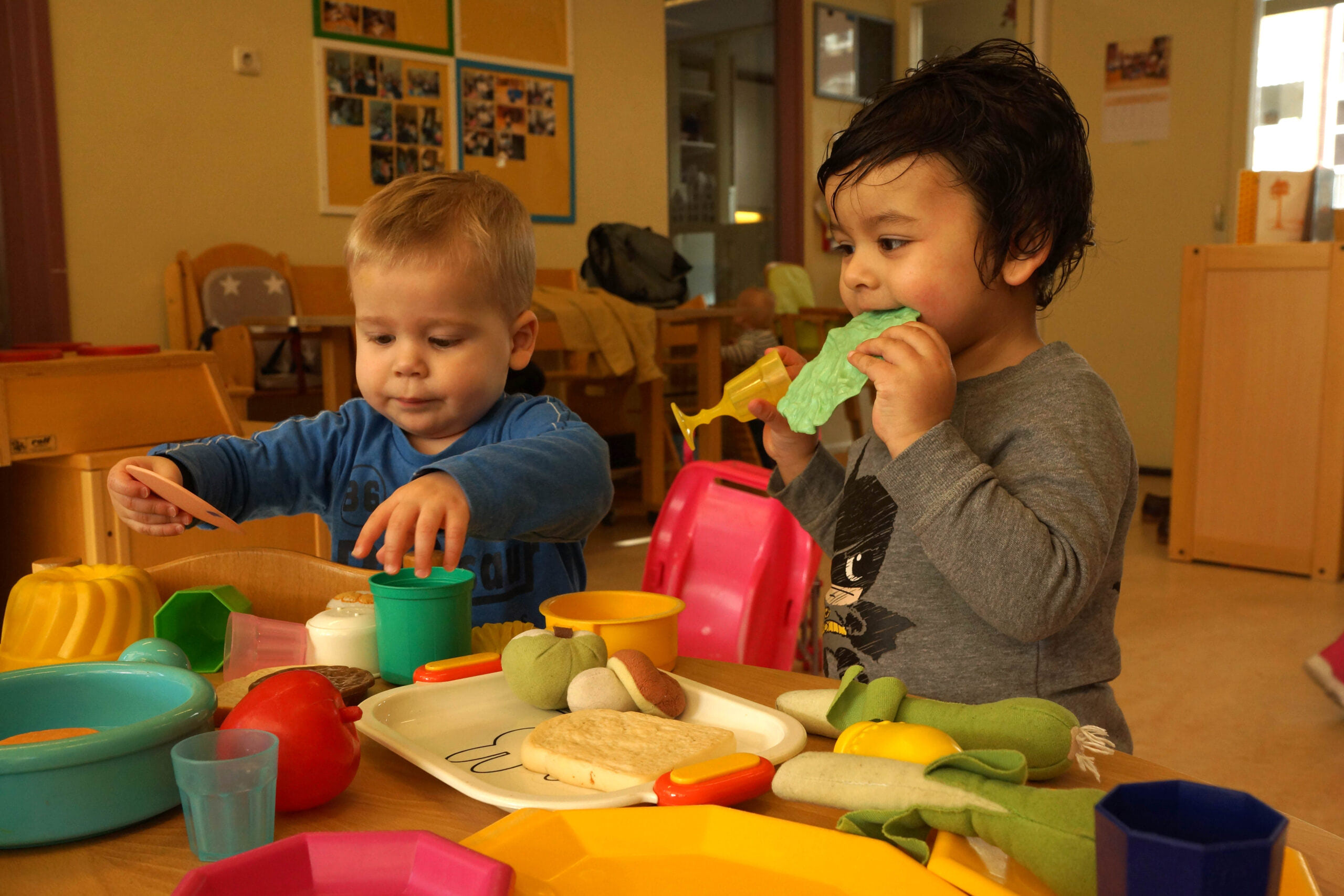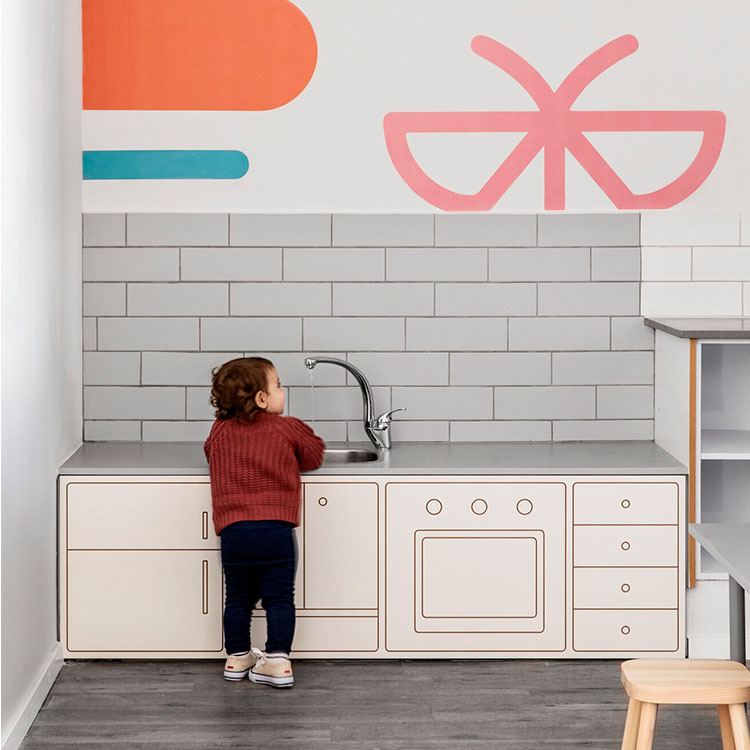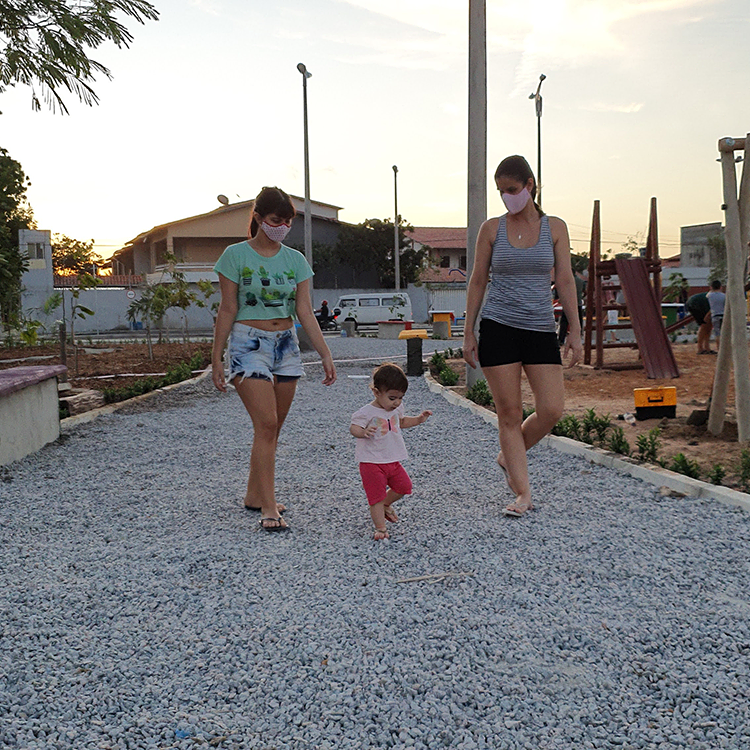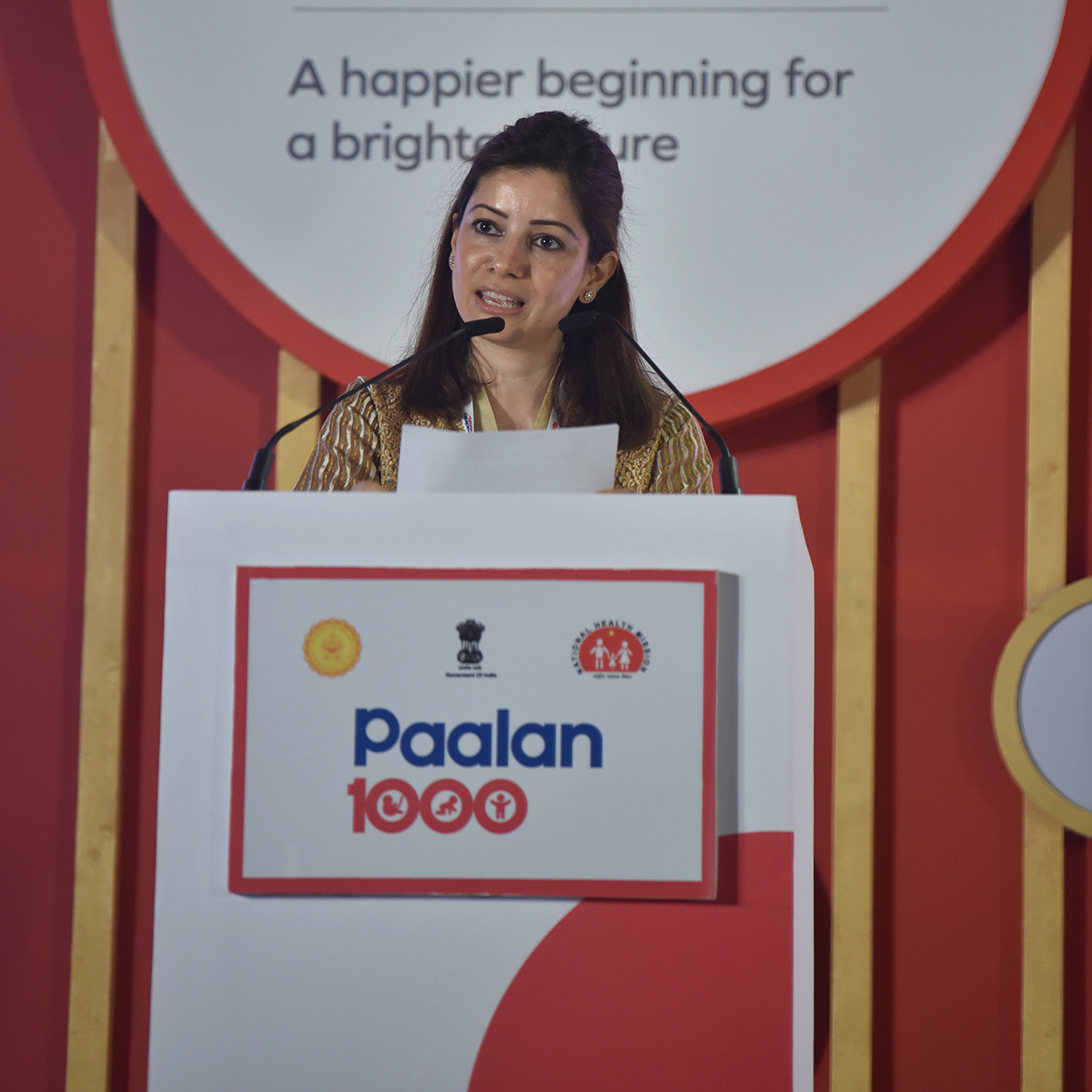The last word has not yet been said about the childcare system in the Netherlands. Elections are approaching and many political parties are proposing significant change, from completely free and public childcare to a small contribution per hour and better connecting childcare to primary school. After the disastrous childcare benefits scandal and the fall of our cabinet, almost everyone seems to agree: the current system is too complex and must be overhauled.
WOMEN Inc. wants to put even more emphasis on making childcare accessible for all children in the Netherlands, without administrative hassle. That means investing in equity among children, reducing stress on caregivers, and giving women equal opportunities to work (more). Eventually this will pay for itself.

The Dutch government has investigated different scenarios for childcare reform
In December 2020, the Ministries of Education and Social Affairs published an important report on four scenarios for the future of childcare, and the Netherlands Bureau for Economic Policy Analysis (CPB) calculated the impact of each.
One scenario was to increase the childcare allowance to 96% of its cost, regardless of the parents’ income, but only for working parents. Another option was to provide ultimately four days of free childcare for all parents, starting with two days in the short term. The most far-reaching scenario was a so-called “integrated child care facility”, in which school and childcare are closely intertwined.
Naturally, childcare would remain a voluntary choice for parents, not an obligation, even if it is offered free of charge.
Investing in childcare ensures less absenteeism and better development of children
WOMEN Inc. believes childcare must be good, (as good as) free, without hassle and for all children. Childcare delivers so much to us as a society that it pays to invest.
The CPB has not yet accounted for certain positive effects of investment in childcare, so its calculations give a one-sided picture. These effects include long-term improvements in child development and greater equality, as good childcare especially benefits those who grow up in a vulnerable situation.
The effects of simplifying the system are also not included in the calculations. They would include savings in the implementation costs of the childcare allowance, and the benefits of a reduction in absenteeism due to a significant decrease in (financial) stress among parents, as demonstrated by research by Direct Research commissioned by WOMEN Inc.
Women with high and low incomes would like to work more
Calculations WOMEN Inc. made with the support of consultants show that an investment in childcare pays for itself almost entirely in the short term, and entirely in the long term.
For example, a poll we conducted shows that parents would work more if childcare were free for two or three days a week and affordable for the remaining days. This applies across the range from low- to high-income earners.
The finding was also reflected in qualitative research carried out by True Talk among parents with low socio-economic status. Researchers presented them with three scenarios included in the government report, and almost all indicated that they would work more hours. Typical responses included “Then I can work again!”, and: “I’m going to tell my friends about this. They will jump for joy! ”
Low-income parents view childcare as supporting child development
Low-income parents in the Netherlands currently find childcare too expensive. They feel it consumes their entire salary. As one parent says, “Many of my friends cannot work because of the high costs”. Low-income parents often have variable income, so updating the information needed to access benefits is a continuous process. They fear the tax authorities and losing their benefits.
These parents see childcare not only as a positive opportunity for them to work more, but also as helping their children’s language development and ensuring that they do not start primary school with a delay.
Invest in equal opportunities with accessible childcare
Many children in the Netherlands are growing up in disadvantaged conditions, which accessible childcare can help to counter. Children of parents whose educational background is vocational rather than academic in particular develop better if they attend good-quality childcare at a young age, followed by out-of-school care.
Research by the SEO shows that high-quality childcare leads to better school performance and fewer behavioural problems for all children. Children from vulnerable families can expect better cognitive skills, stronger qualifications when they enter the labour market, and higher wages. Children who have been to daycare have to repeat years less often in primary school.
In short, inclusive childcare and out-of-school care – where all children come together – is what you want for every child. We hope that the new government will take this up energetically after the elections.
This blog is written by Women INC. and is translated and republished with permission. The original blog in Dutch can be read here.
Women INC., a partner of the Bernard van Leer Foundation in the Netherlands, is a Dutch organisation striving for equal opportunities for everyone regardless of gender or sex.




